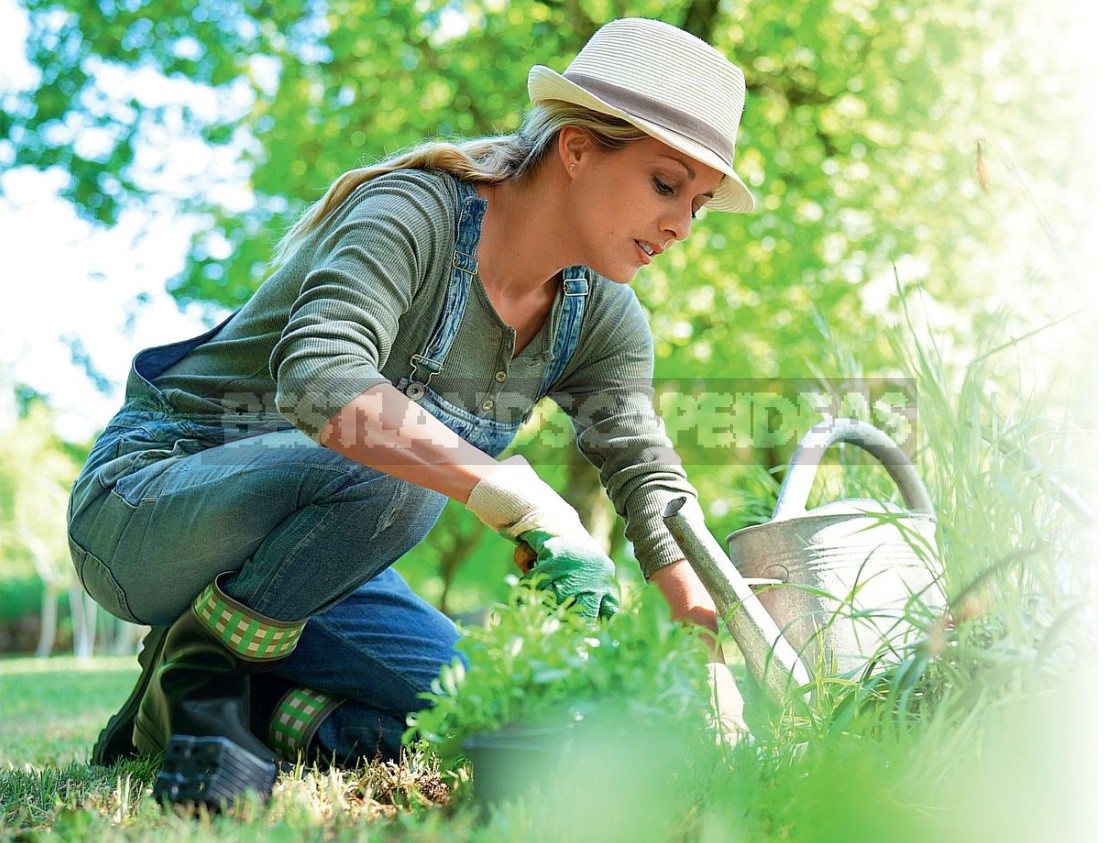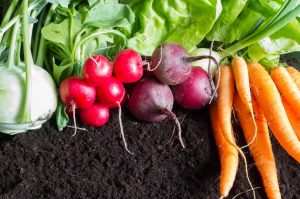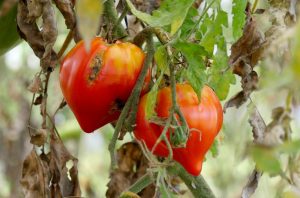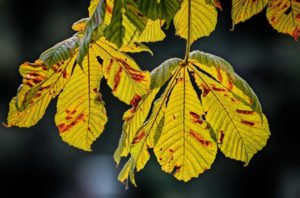
Tinctures of garlic, pepper, nettle — all this is nothing but a formidable, although homemade, biological weapon that gardeners and summer residents successfully use in the fight against pests and plant diseases.
All these tools are an excellent alternative to non-harmful “chemistry”. Efficient, environmentally friendly, easy to prepare — what else do you need?

These qualities are also distinguished by biological preparations created by specialists-microbiologists and biochemists-for plant protection. Only the choice of “material” is wider (although it is often not visible to the naked eye) – viruses, bacteria and their products, nematodes, fungi, essential oils, pheromones, plant hormones, etc.
Every year, new biologics appear on the market — imported and domestic-and it is not so easy to keep track of them, to figure out what for what. It is important to understand that all these funds are divided into:
- bioinsecticides-preparations for the control of harmful insects;
- biofungicides that fight all kinds of bacterial and fungal diseases;
- bioregulators-means aimed at strengthening the immune system of plants and enhancing their growth;
- EM-preparations are effective microorganisms that actively process organic matter and increase soil fertility.
But in addition to drugs of a narrow focus, there are also complex ones that have a wide range of actions. For example, one of the most popular biofungicides — Phytosporin – not only inhibits pathogenic fungi and has a bactericidal effect, but also can regulate plant growth, reduce the toxic effects of herbicides and chemical fungicides.
Haupsin is a dual — action drug: the bacteria that underlie it protect plants from both diseases and pests, and many EM drugs, in addition to their main purpose, also suppress pathogens. They can be used during the flowering period of plants, and at the time of crop maturation. In addition, biologics, unlike chemical pesticides, do not accumulate in plants, do not cause addiction to garden pests.
But, as they say, advantages are a continuation of disadvantages, and biologics have their own characteristics. The fact that most of them are based on living organisms makes it somewhat difficult to use them. First, it is very important to observe not only the terms, but also the conditions of storage and transportation (especially in winter) — if they are violated, the biological activity of the drug is significantly reduced. Secondly, many biologics require not just dilution in water, but a certain preparation. And ready-made-stored for a short time, quickly disintegrate in the light. In addition, some start working only when the weather is warm enough (from +18°C). Therefore, it is necessary to read the instructions to the drugs very carefully and follow them scrupulously.
And finally-the result is still not as obvious as after treatment with a chemical agent: mass death of harmful insects after the use of a bioinsecticide can begin a week later, and one treatment is often not enough, you need to resort to them several (three to six) times.
The main advantage of biologics over chemical agents is that they do not pose a danger to people and animals, predatory insects and pollinators.

And yet: to give up chemistry and use biologics — this is only part of the concerns about the health of the garden. Only a set of measures can provide it: the choice of pest-resistant varieties and species of plants, the use of all possible methods of protection, attracting “helpers” to the garden — birds, insects, etc. And in extreme, especially neglected cases, it is possible to use chemical agents, but they must be used extremely carefully, choosing the lowest hazard class.



Leave a Reply